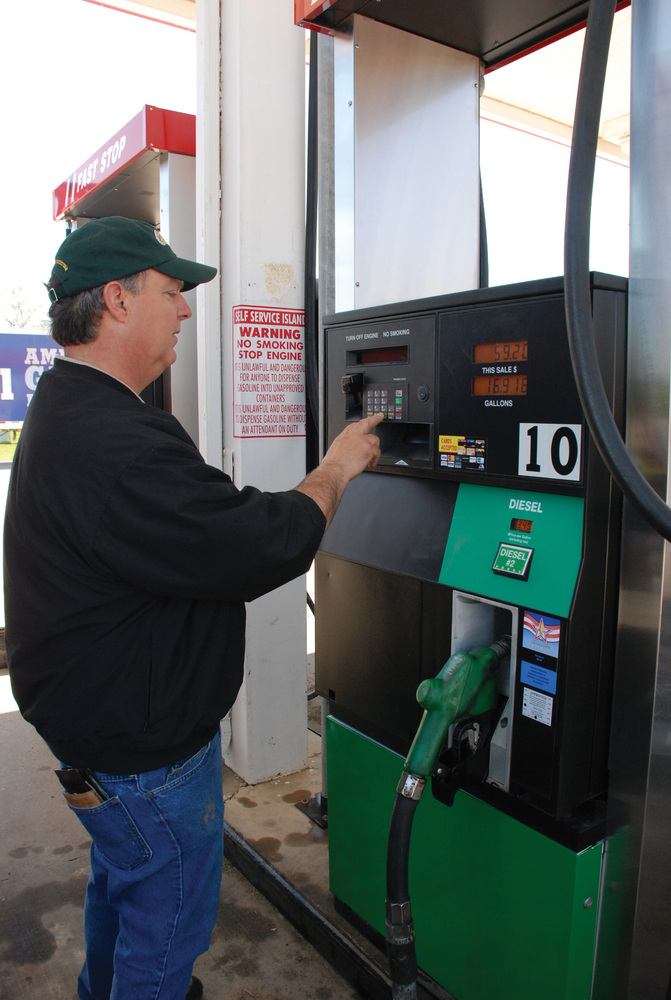More than Just an Incentive



September 8, 2011
BY Bryan Sims
When the $1-per-gallon federal blenders tax credit went away in 2010, Illinois’ biodiesel industry managed to thrive while producers in other states struggled. Much of the credit behind that success rides on strong policy that supports biodiesel production and consumption. Specifically, the state employs a sales tax exemption for biodiesel blends of B11 or higher sold by retail stations in the state, which is good through Dec. 31, 2013. Created in 2003, the policy also provides a sales tax exemption of 20 percent on biodiesel blends from B1 to B10. Blends above B10 receive a total exemption from the state sales tax of 6.25 percent, which essentially creates an Illinois-specific market for B11.
B11 is a preferred blend sold by retail stations, and while consumers continue to use higher blends in their vehicles with ultra-low sulfur diesel (ULSD), Illinois has been fortunate to not have encountered serious issues related to performance in diesel vehicles, particularly those whose manufacturers typically warranty up to B5, says Rebecca Richardson, consultant for MARC-IV and regulatory and education specialist for the National Biodiesel Board.
Advertisement
Richardson credits the success in minimal issues related to B11 usage to the proactive work by the Illinois State Bureau of Weights and Measures under the USDA, which provides oversight on fuel quality control to assure the fuel meets proper ASTM specs mixing with ULSD to correct issues before the fuel enters a consumer’s tank.
“Since 2003, there have been virtually no problems or complaints,” Richardson tells Biodiesel Magazine. “Occasionally, there will be a flash point out of specification or there’ll be some element of the specification that’s out, but by and large, the fuel samples they pull proactively for surveillance, virtually none of them are out of specification.”
In 2006, Richardson organized the Illinois Biodiesel Stakeholder group, which meets collectively with OEMs, petroleum marketers and weights and measures personnel to proactively address concerns related to fuel performance and talk about fuel quality surveillance—before it becomes an issue.
“So far it’s worked well,” Richardson says. “We have great partners that come to the table that do their own research.”
Advertisement
In the event that fuel happens to be out of specification, Richardson explains, the weights and measures agency would take proactive steps to address the issue beginning at the retail station level.
“When a fuel is out of specification,” Richardson says, “the agency would go back to the retailer and tell them their fuel is out of specification, and they would pay a fine depending on the type of violation. If it’s a fuel quality issue, the fine is lower, but if it’s a [cetane] issue or something that could be perceived by the consumer that the retailer might be doing something on purpose, the fine would be higher.”
Richardson says the majority of issues that pop up can be traced back to fuel handling, improper storage tank maintenance and so forth, in which case the Weights and Measures agency returns and reeducates those parties to remedy the situation. “It’s a constant educational process,” she says.
—Bryan Sims
Upcoming Events





